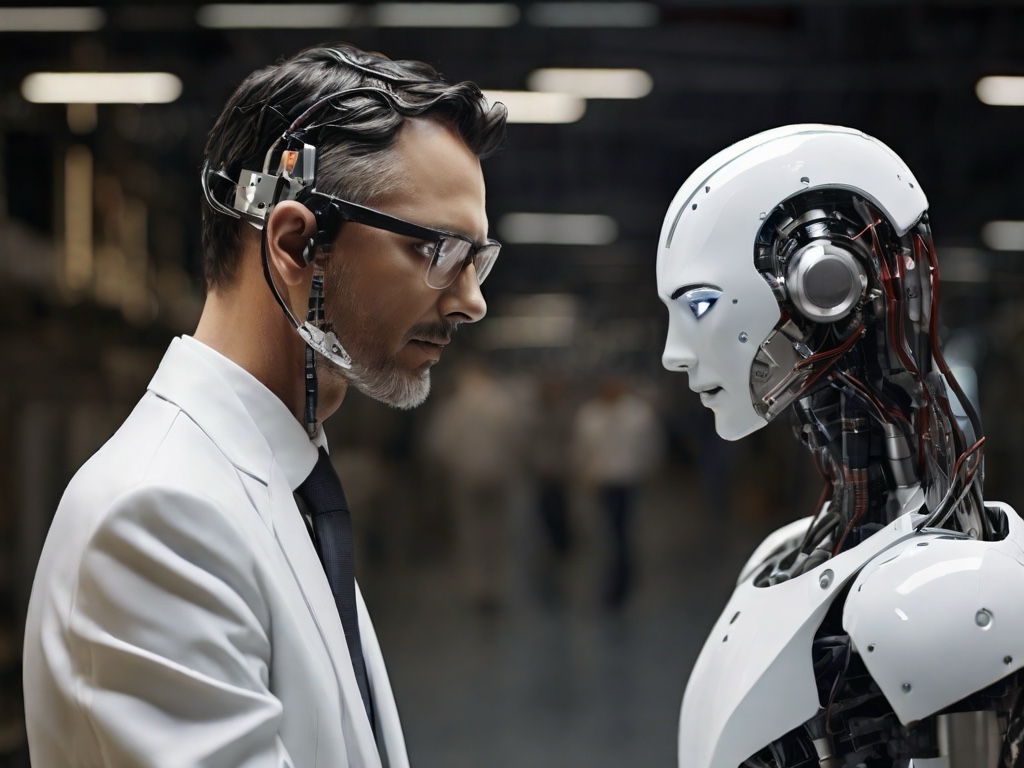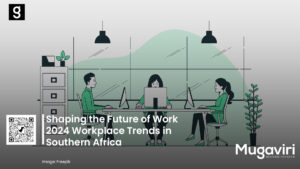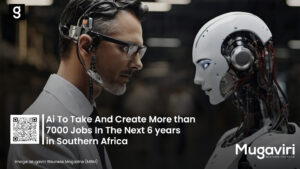
Discover More
Starlink: A New Era of Connectivity in Zimbabwe
Zimbabwe has just made a significant development that promises to reshape the…
Zimbabwe’s Leap into Stability: The New Gold-Backed ZiG Currency
In a bold move to stabilize its economy, Zimbabwe has introduced a…
Shaping the Future of Work
The year 2024 marks a pivotal moment in workplace dynamics, especially in…
Ai To Take And Create More than 7000 Jobs In The Next 6 years in Southern Africa

The impact of AI on jobs in Southern Africa is a complex issue. While AI has the potential to automate certain tasks, it can also create new job opportunities and enhance productivity in various sectors.
It is inevitable, and why not consider the possibility of artificial intelligence having to take over many jobs in place of humans?
However, AI applications are still in their early stages in Southern Africa, with many pilot projects demonstrating potential benefits for local communities and connections with international technology firms. Moreover, advancements in AI are expected to generate job opportunities in sectors like healthcare, construction, and services in South Africa.
There are concerns about job displacement, especially in the information sector, where up to 7,000 jobs could be lost by 2030 in South Africa. Yet, the demand for AI specialists and professionals has increased, indicating a shift towards more tech-focused employment.
It’s important to note that the effect of AI on employment can vary greatly depending on factors such as economic conditions, political stability, and the human development index. The key will be to harness AI’s capabilities to create sustainable employment and mitigate any negative consequences.
Education systems must prioritize critical thinking, problem-solving, and teamwork across subject areas. These skills are less likely to be automated and will remain in demand.
The rapid pace of technological change means that learning cannot stop after formal education. Continuous learning and reskilling will be essential for individuals to stay relevant in the job market.
There will be a growing need for technical skills related to AI and other emerging technologies. Educational institutions should offer programs that provide students with practical experience and knowledge in these areas.
As the nature of work changes, individuals must be able to adapt to new roles and industries. Education and training should foster flexibility and the ability to learn new skills quickly.
So, just as the world changed from industrialization to mechanization, and the rate at which people lost, their jobs might be just the same, if not more, when we change from conventional working to an artificially integrated type of work.





